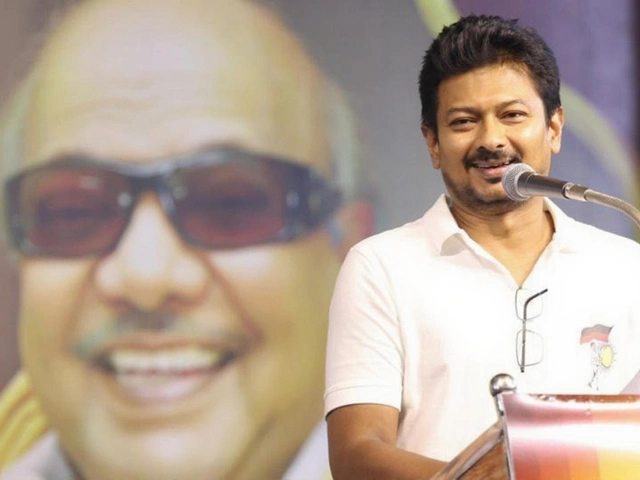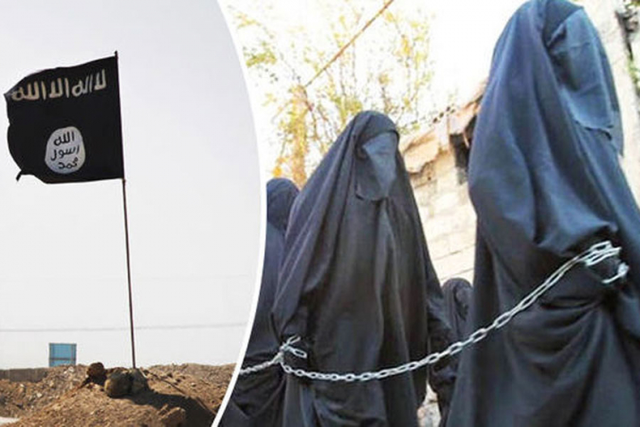Exploring the Intersections of Faith and Feminism: A Look at the Muslim Feminist Experience
The concept of a Muslim feminist is not a new one, but it is one that has gained a lot of attention in recent years. As the world continues to grapple with issues of gender equality and religious freedom, many Muslim women are embracing a new type of feminism that combines their faith with their beliefs about gender roles. In this blog section, we will explore the intersections of faith and feminism and take a closer look at what it means to be a Muslim feminist.We will begin by examining the history of Muslim feminism and its roots in the Islamic faith. This includes looking at the emergence of Islamic feminism in the 19th and early 20th centuries and exploring how it has evolved over time. We will also consider the beliefs of Muslim feminists today, and how they reconcile their faith with their desire for gender equality.
Next, we will delve into the challenges faced by Muslim feminists in the modern world. This includes discussing the discrimination and backlash that they may experience from both non-Muslims and other Muslims alike. We will look at the ways in which Muslim feminists are combating these challenges and advocating for greater acceptance and understanding of their beliefs.
Finally, we will explore the role of Muslim feminists in today’s society. We will discuss the potential impact they can have on bringing about social change, and how they are using their voices to speak out against injustice and inequality.
By exploring the history, beliefs, and challenges of Muslim feminism, we can gain a better understanding of the Muslim feminist experience. Through this discussion, we can also gain insight into how faith and feminism can work together to create a more equitable and inclusive world.
Empowering Muslim Women: Examining the Role of Feminism in Shaping a Positive Identity
Muslim feminists are a unique and often misunderstood group. They are women who are looking to find ways to be empowered in a society that can often be oppressive. They strive to challenge the traditional roles and expectations of Muslim women, while still being loyal to their faith.Feminism can be a powerful tool for Muslim women to use in order to empower themselves. By examining their roles and identities through a feminist lens, Muslim women can gain greater self-awareness and agency. This can lead to a positive identity that is rooted in their faith, allowing them to be true to themselves while still being respectful of their cultural and religious beliefs.
Muslim feminists recognize that no two paths are the same. For example, some Muslim feminists may choose to cover themselves with a hijab, while others may choose not to do so. This is an individual choice that should be respected.
At the same time, Muslim feminists are pushing back against the traditional gender roles that are imposed upon them by their societies. They are challenging the idea that women are inferior to men, and that they should be confined to certain roles in the home and in society. They are advocating for more education and access to jobs and opportunities that are traditionally reserved for men.
Through their activism, Muslim feminists are creating a new narrative in which they can be empowered, respected, and valued. They are striving to make a positive difference in their communities and to ensure that their voices are heard. By standing up for themselves and for the rights of other Muslim women, Muslim feminists are redefining what it means to be a Muslim woman in today’s world.






